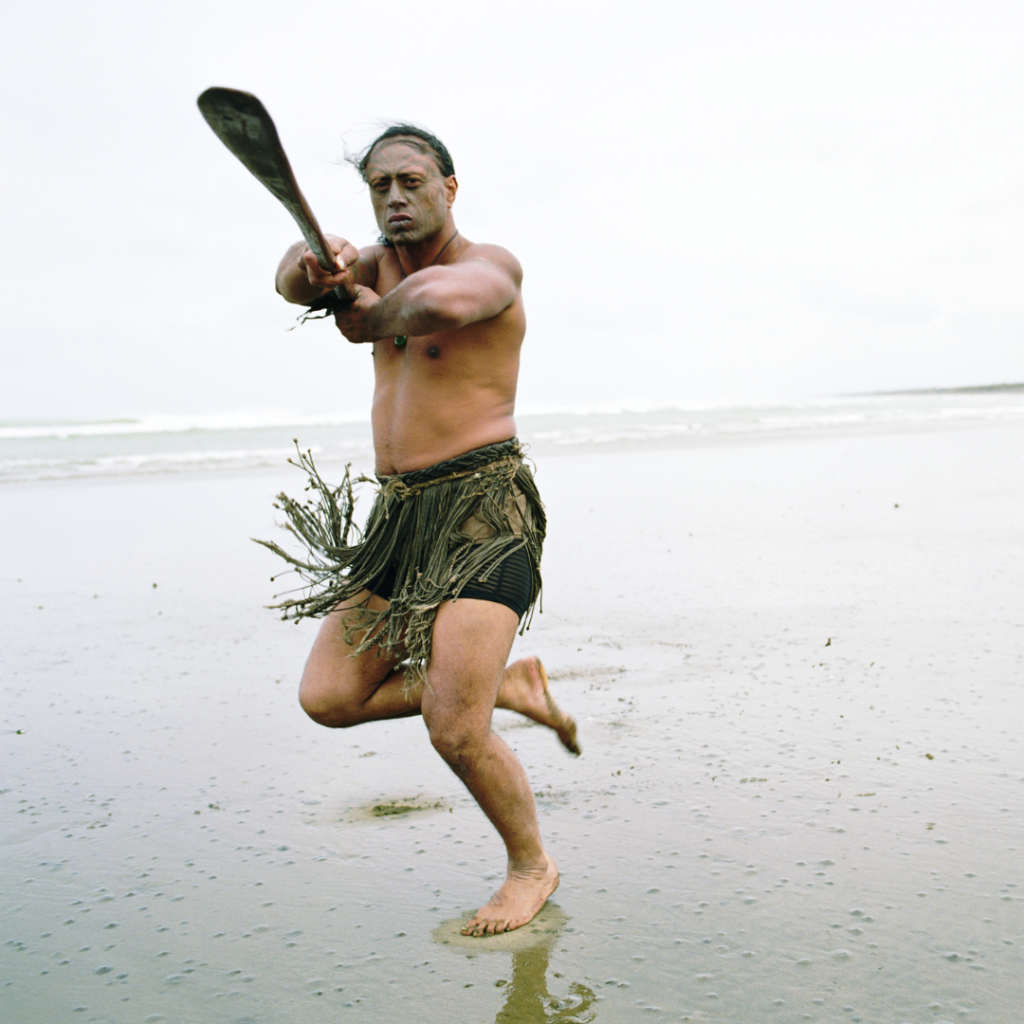The Maori culture is known for its elaborate rituals, celebrations, and numerous unique customs and traditions. One of the most well-known and recognizable is the War Dance Haka, which has a definite purpose: to unite the tribe for battle. This ceremony is performed at the beginning of every battle before the warriors march into battle.
The Maori culture, although indigenous to New Zealand, is shared with many groups in Polynesia. This culture has deep connections between the people and their natural environment. From that environment, the Maori catch their food and learn about the world around them. This culture has strong ties to hunting, gathering, fishing, and horticulture. The Maori war dance, or Haka, is an important part of their culture. The dance represents strength and brotherhood and is performed when Maori are in battle.
Is The Haka A War Dance?
The Haka, also known as a hikoi, is a traditional Māori war dance. It’s associated with haka ama, or the All Blacks, New Zealand’s national rugby team, and was probably first performed in the early 19th century. The Haka has a complicated history but boils down to a defiant, aggressive, and intimidating dance meant to intimidate or drive off an enemy. The dance’s movements include stomping, leaping, and slapping the ground. Haka ama, or the All Blacks, New Zealand’s national rugby team, was probably first performed in the early 19th century.
The Haka is a war dance performed by the Māori people of New Zealand. The dance is war-like in nature, but its origins are rooted in ritual. It was once thought to be an ancient form of greeting. Many don’t realize that the haka dance is much more than a ritual greeting.
Why Is the Haka Also Known as The Dance of War?
The Haka (pronounced “hah-kah”) is a war cry of Māori (Māori: Maori, meaning “people”). It originated as an oral war cry and has been the main theme or theme of numerous New Zealand military marches, rugby competitions, and festivals. It is now used as a form of dance. The origin of this dance is unknown, but it is known that the Māori language contains many references to dance. Early Māori oral literature contains numerous references to war dances, such as harakeke.
New Zealand’s national sport, the Haka, is much more than a rugby celebration. The Haka was used by Maori tribes to taunt and intimidate their opponents. It was also used to celebrate the successful completion of a hunt or battle. Today, the Haka is practised at sporting events, cultural celebrations, and parliament’s opening and closing.
Why Is the Haka Important to Māori Culture?
The Haka is an ancient war cry of defence of rebellious Māori culture. Although its exact origins are unknown, the Haka has been part of Māori culture for decades. It is said to have originated by the Māoris as a way to warn their enemy of attack. It has become a symbol of Māori culture and is referenced in the song, poetry, and in dance performances. It is incorporated into Māori culture in various ways, including during weddings, competitions, ceremonies, and parades.
Few things are as recognizable as the Haka, and it’s hard not to smile when you see one being performed. And why shouldn’t you? The Haka is a symbol of immense pride among Māori, and while you may see a haka being performed for the All-Blacks rugby team, it’s more than just a sports tradition.
In Maori culture, the Haka is performed by the men, women, and youth of Maori tribes. Each tribe has its own unique war dances and culture. The dance is performed to entertain the spectators and show strength and bravery. It not only entertains but also educates the audience. The dance is performed to the beat of the drums. The drum is beaten in a rhythmic pattern, and the dancers precisely follow the beats. The young men wear muka (the traditional Maori cloak). The young women wear Korowai (the traditional Maori skirt). The young girls wear only one Korowai. They dance with the boys and look even more pretty.

